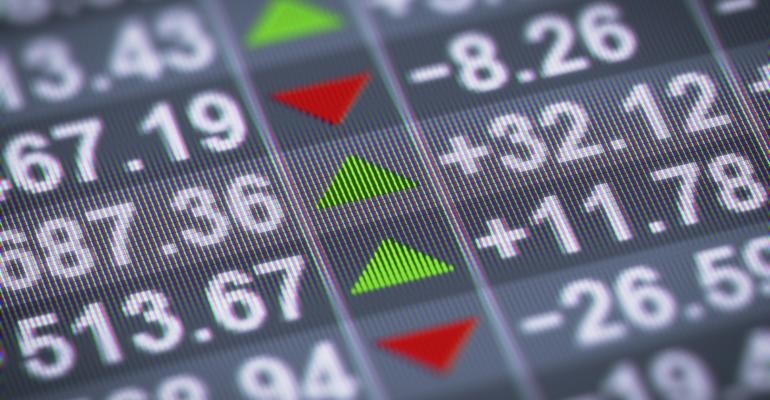In recent years, we’ve emphasized Exchange Traded Funds (ETFs) that invest in “high quality” corporations. While this sounds like something one should always do (and there is an argument for that), we believe there are better times to emphasize high quality stocks and there are times to emphasize low quality stocks. We believe we are in the former environment. Toward the tail end of mature bull markets (and during market corrections), high quality stocks tend to outperform.
What defines a “high quality” company? Quality, much like beauty, is often defined in the eye (or the spreadsheet) of the beholder, but common characteristics of high quality stocks include higher and more consistent profitability, stronger balance sheets (i.e., less debt), and higher dividend growth.
As for what buying stocks with these characteristics means for investors, buying high quality stocks has historically provided superior returns, both on a total return and risk-adjusted basis. Various studies on this topic have been published in recent years, including:
- One study, Novy-Marx’s 2012 “The Other Side of Value: The Gross Profitability Premium,” showed that profitable firms generated significantly higher returns despite having higher valuation ratios.
- The 2013 paper from Asness, Frazzini and Pederson “Quality Minus Junk,” also revealed that while high quality companies do tend to trade at premiums, the market still does not pay enough for them. Since 1951, high quality stocks have significantly outperformed.
These studies, however, focused on quality stocks within the U.S. What about globally? Does the quality factor also work in international markets? According to few more recent papers, the answer appears to be “yes.”
- The Kozlov and Petajisto paper published in 2013 titled “Global Return Premiums on Earnings Quality, Value, and Size,” confirmed that a global portfolio consisting of long stocks with high earnings quality and short low earnings quality produced a higher Sharpe ratio than the overall market.
- In addition, in a late 2013 PIMCO paper by Gordon and De Rossi, “The Profitability Premium in EM Equities,” PIMCO showed that profitability tends to be persistent and underpriced. There is a profitability premium for investors to capture.
We invest in a variety of domestic high quality ETFs including Vanguard Dividend Growth (VIG), iShares MSCI USA Quality Factor (QUAL), PowerShares S&P 500 High Quality (SPHQ) and the Market Vectors Wide Moat ETF (MOAT).
But what about international high quality ETFs? In short, there is an abundance of high quality international ETFs to choose from. The difficulty, however, is that many are still quite small in terms of assets under management and don’t necessarily trade all that well yet in terms of fairly tight bid-ask spreads.
Currently, the largest ETF in this space is FlexShares International Quality Dividend (IQDF). FlexShares also has International Quality Dividend Defensive (IQDE) which is getting some size. Our personal favorite, however, remains WisdomTree’s Global ex-US Dividend Growth (DNL). It has superior quality stats relative to most of the competition. Another way to play quality would be PowerShares International Dividend Achievers (PID). While it is still nearly 20% U.S.-based and its emphasis is on dividend growth over other quality factors, its overall quality statistics rank among the highest of diversified international equity funds.
Other firms with extremely interesting international high quality ETFs include State Street (SPDR MSCI EAFE Quality – QEFA), iShares MSCI International Developed Quality (IQLT), and the Market Vectors suite of international quality ETFs.
In sum, investing in high quality equities makes strategic sense for long-term investors. And, in a market environment where it could be argued that the equity bull market is getting quite mature, I believe increasing exposure to high quality equity ETFs, (particularly international equity ETFs where valuations are more attractive) makes even more sense.
Rusty Vanneman, CFA is the Chief Investment Officer of CLS Investments, an Omaha-based investment adviser and ETF strategist for financial advisers and qualified plan sponsors.





